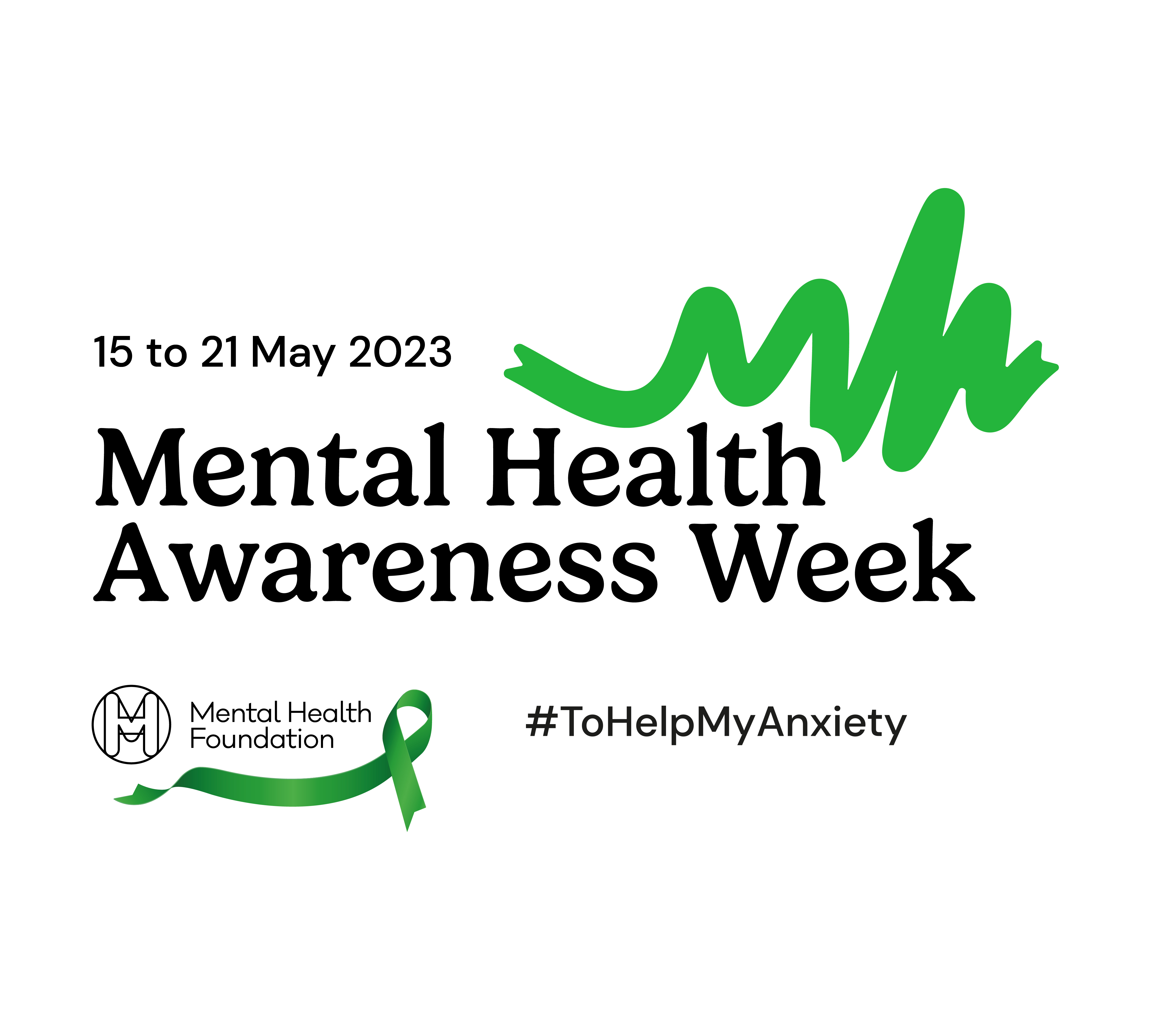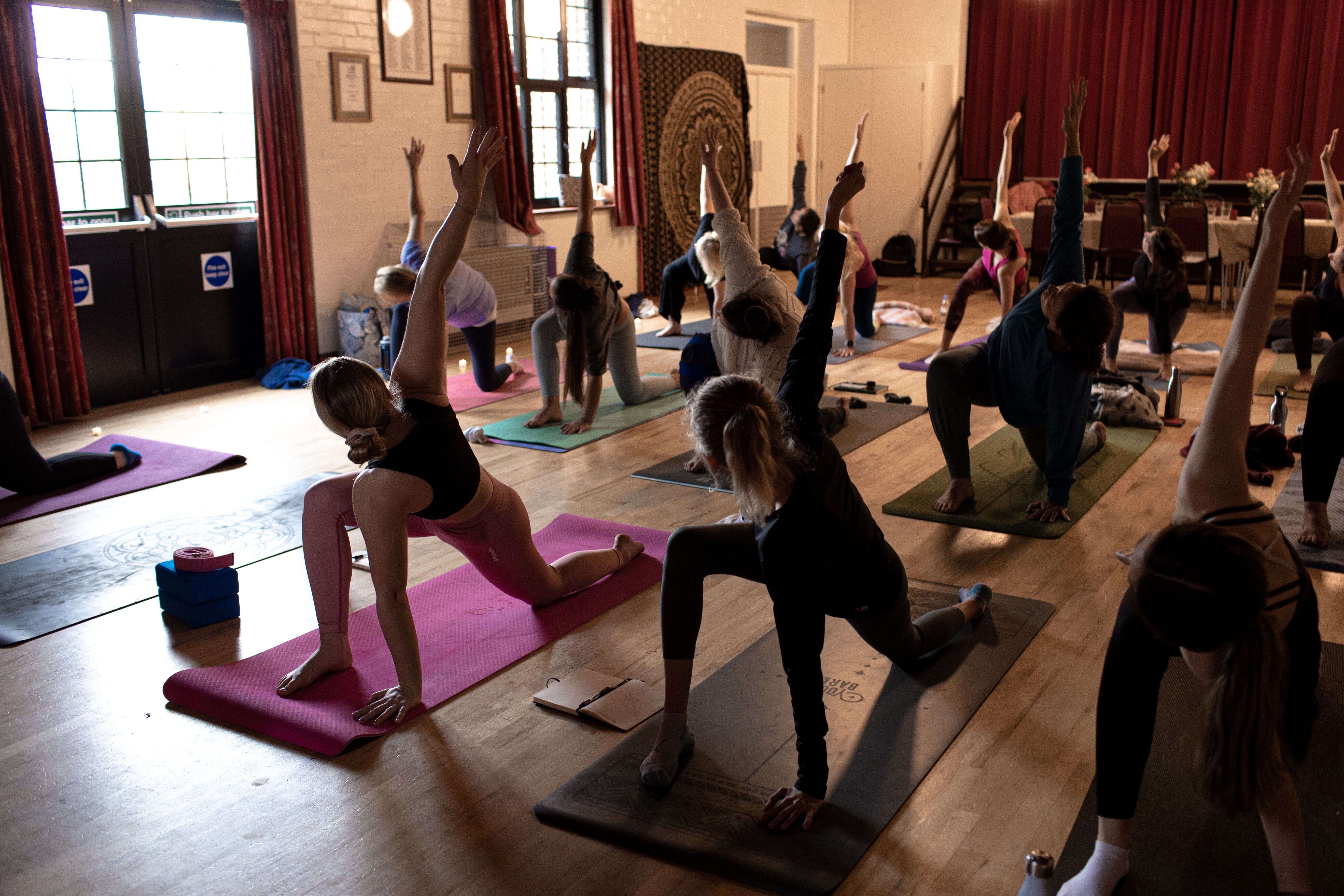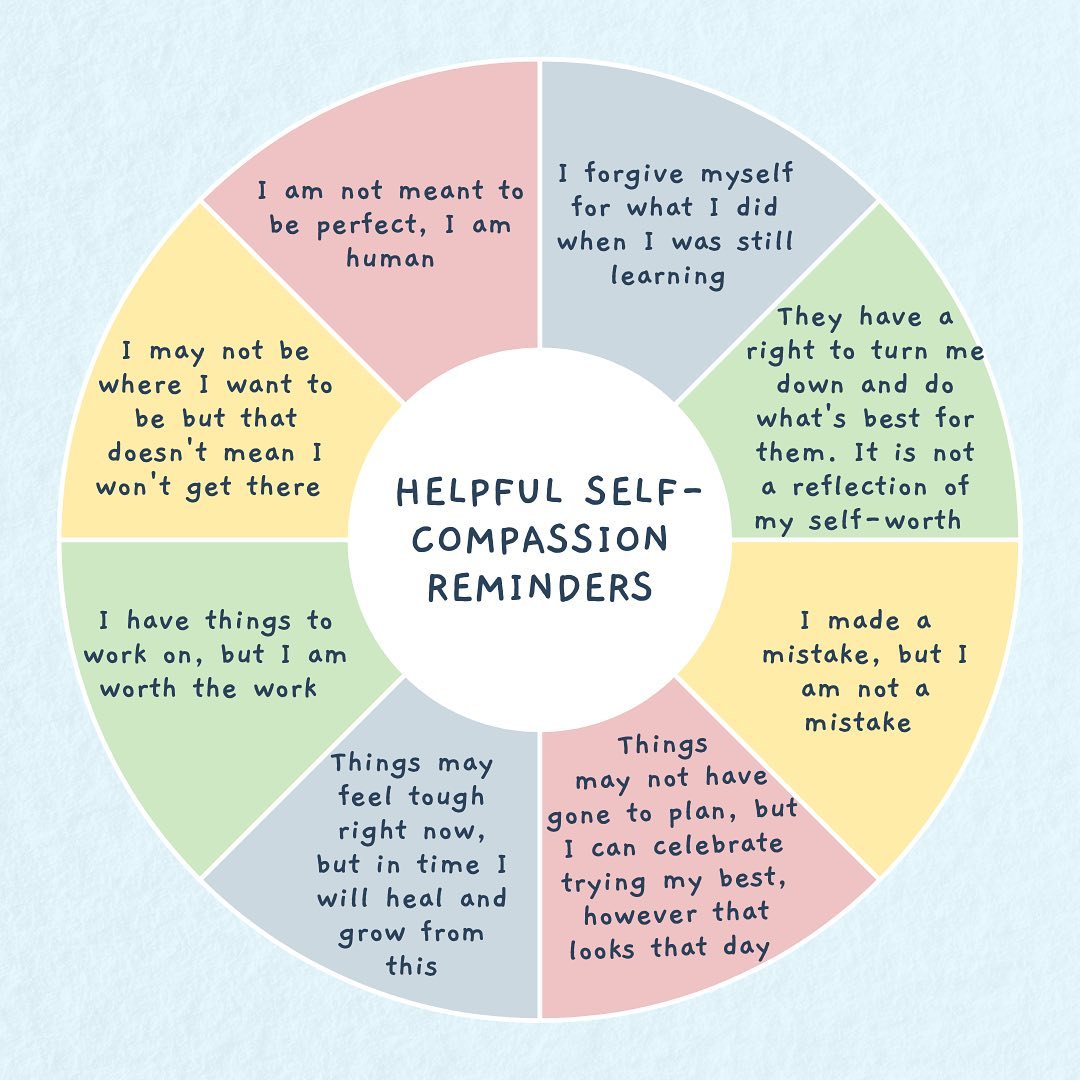Last week marked an important occasion: Mental Health Awareness Week.
This year’s focus is on anxiety, an issue prevalent among students. As the cost of living continues to rise and financial situations become increasingly challenging, it’s no surprise that students are prone to experiencing anxiety. However, it’s important to acknowledge that anxiety can be brought on by various factors, including academic stress, loneliness, transitioning to a new environment, and financial demands.

Certain groups of students face a higher risk of experiencing anxiety. Some of these include those within the LGBTQI+ community, international students, mature students who feel isolated, and neurodiverse students who are navigating significant changes. Understanding the factors contributing to anxiety helps us address the issue more effectively.

In recent years, the cost of living crisis and the global COVID-19 pandemic have heightened anxiety levels among students. I’d like to provide some practical strategies that can help us in managing our anxiety and prioritising our mental health:
Grounding techniques: Practice grounding exercises to bring your focus back to the present moment. Engage your senses by observing five things that you can see, four things that you can touch, three things that you can hear, two things that you can smell, and one thing that you can taste. Healthline have a useful page if you’re interested in reading more: https://www.healthline.com/health/grounding-techniques#physical-techniques

Stay active: Regular exercise can help reduce anxiety. Find ways to incorporate physical activity into your routine, based on what is appropriate for you and your body. It could be as simple as going outside, practising yoga, or engaging in activities that you enjoy and you feel comfortable with.

Seek help: Remember, it’s okay to ask for help. Reach out to friends, family, or professionals who can offer support and guidance during difficult times.

Be present: Practise mindfulness to cultivate a greater awareness of the present moment. Engaging in activities like meditation or deep breathing exercises can help calm an anxious mind. Appreciating your surroundings and enjoying a walk in the countryside or local area could be a great way of doing this.

Be kind to yourself: Practise self-compassion and avoid self-criticism. Treat yourself with the same kindness and understanding you would give to a friend. Here’s a post I made on Surrey Peer Support around self-compassion: https://www.instagram.com/p/CkG5d9FtCov/?hl=en

Prioritise self-care: Pay attention to your physical well-being by drinking enough water, eating nutritious meals, and getting sufficient rest. A healthy body supports a healthy mind. Here’s a yummy veggie satay recipe I posted: https://www.instagram.com/p/CsRjgBNtiQx/

Journaling: Writing down your thoughts and feelings can be therapeutic and encourage self-reflection. Consider keeping a journal to express yourself and have a deeper understanding of your emotions. Here are some journaling prompts to get you started: https://psychcentral.com/blog/ready-set-journal-64-journaling-prompts-for-self-discovery#the-journal-prompts

Peer support: Connect with others who may be going through similar challenges. Join student support groups or engage in discussions with coursemates who are likely to understand your situation.

Focus on breathing: When feeling anxious, practise deep breathing exercises to promote relaxation. Taking slow, deliberate breaths can help calm your nervous system.
:max_bytes(150000):strip_icc()/breathing-exercises-for-anxiety-5088091_final-5f3a4a1fd0884fdf9453621256b64200.gif)
https://www.verywellhealth.com/breathing-exercises-for-anxiety-5088091
Recognise what you can control: Identify the aspects of a situation that are within your control and let go of the ones you can’t influence. Use your energy to manage what you can change. Remember, you’re not alone in this journey.

The University of Surrey offers various avenues of assistance for mental health concerns, such as the Centre for Wellbeing, Money Team, Disability & Neurodiversity support, Student Minds support groups, Chaplaincy Bereavement Services, Nightline, Welfare Watch, and Peer Supporters. The University website has a page explaining the support available: https://www.surrey.ac.uk/student-support

Supplementing these resources, Surrey’s “Let’s Talk” campaign encourages open conversations around mental health. This initiative serves as a platform for staff and students to share their experiences, addressing various topics and the importance of seeking help: https://stories.surrey.ac.uk/lets-talk/index.html

To demonstrate solidarity and advocate for change, I attended “Dump the Scales”, the UK’s first eating disorder protest, organised by Hope Virgo. If you’d like to read more about this, you can here: https://www.change.org/p/eating-disorders-are-not-just-about-weight-dumpthescales

I remain passionately committed to promoting mental health and supporting others. No one should have to suffer alone. If there’s one takeaway from this blog, it is this: please do not hesitate to reach out for help when you need it.
